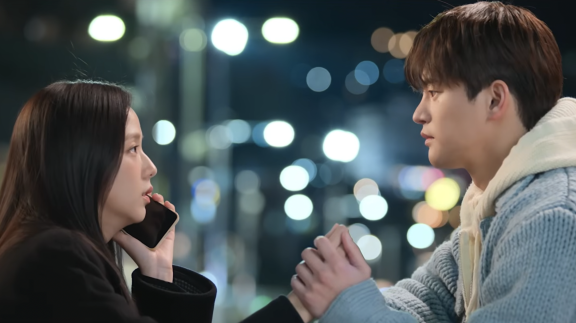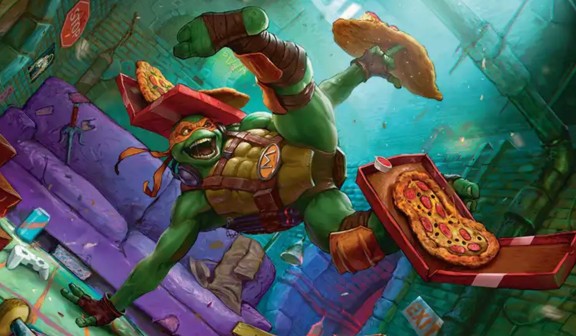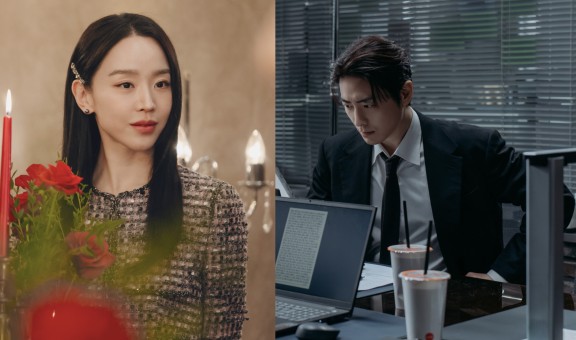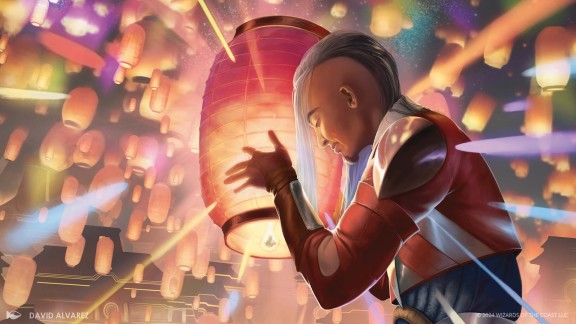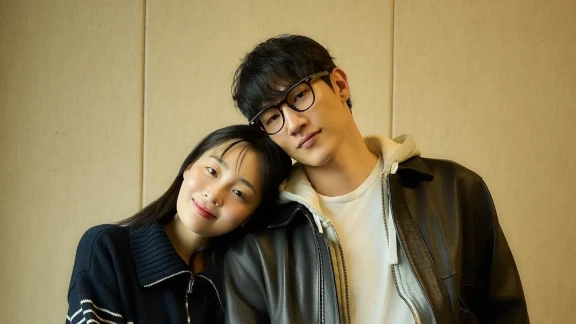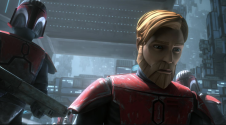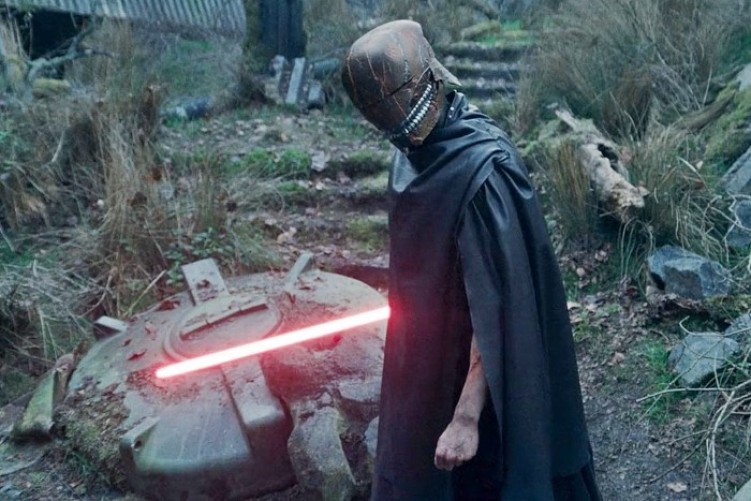
In a candid new interview, Leslye Headland, the showrunner behind Disney+'s ambitious The Acolyte, has opened up about the abrupt end to her Star Wars series, revealing a mix of resignation, surprise, and broader industry insights. The High Republic-era drama, which delved into the shadowy underbelly of Jedi lore, was officially canceled by Lucasfilm earlier this year after just one season, marking a rare public acknowledgment from the studio for one of its streaming projects. Headland, known for her work on films like The Invitation and Russian Doll, described the decision as both expected and startling in its execution.
Speaking to TheWrap, Headland admitted that once key stakeholders began reaching out with concerns over viewership and online buzz, the outcome felt inevitable. “Once I was getting particular phone calls about the reaction and the criticism and the viewership, I felt like ‘OK, the writing’s on the wall for sure,’” she said. Despite the forewarning, the creator was caught off guard by “the swiftness of it and the publicness” of the cancellation.
Unlike previous Star Wars series such as The Book of Boba Fett or Obi-Wan Kenobi, which simply faded without formal declarations, The Acolyte's demise was announced outright—a move Headland found unusually transparent for Disney.
At the heart of the series was a staggering $230 million production budget, a figure that underscores the high-stakes gamble Lucasfilm took on Headland's vision. The show, which premiered in June 2024, promised to expand the Star Wars universe into uncharted territory, focusing on a crime procedural infused with dark-side intrigue during the golden age of the Jedi Order. Starring talents like Amandla Stenberg, Lee Jung-jae, and Manny Jacinto, The Acolyte aimed to blend martial arts spectacle with philosophical depth, exploring themes of power, mentorship, and moral ambiguity. Yet, despite debuting as Disney+'s second most-watched original series of the year, it faced scrutiny for its viewership metrics, which were benchmarked against both general television fare and the franchise's blockbuster heavyweights.
Headland, a self-professed lifelong devotee of the galaxy far, far away, contextualized her relationship with the franchise's passionate community. “I am a Star Wars fan, which means I have always been, since the launch of YouTube, part of the Star Wars recap/criticism/lionization fandom community,” she shared. This deep immersion informed her approach but also left her acutely aware of the ecosystem's undercurrents.
These guys I’ve known for years and years. So when I got the information from others about what the weather report was, there was this real concern from friends of mine or co-workers of mine that saddened me. I also was like, ‘I know who these guys are.’ You don’t have to tell me who’s talking about it or how bad it is online, I know exactly who they are. I supported them on Patreon. There are some of them that I respect, and there are some of them that I think are absolutely snake oil salesmen, just opportunists. Then, of course, there are the fascists and racists. So it runs a gamut. It isn’t just one thing or the other. So I think that if you’re in part of the fandom, you understand the genre and the tone of particular channels and creators. So in some ways I wasn’t surprised, and then in other ways I was disappointed.
Headland's comments highlight the complex dynamics within Star Wars discourse, where creators and commentators alike navigate a spectrum of influences. She pointed to the lucrative incentives driving much of this content, framing it not merely as enthusiasm but as a viable enterprise. “There’s a lot of money to be made,” she noted, adding, “through viewer-based ad revenues and their Patreons… That is a proper business model rather than a bunch of mean people. It’s a lot more financial than I think people realize, and as somebody that really has supported a lot of those channels financially and with my eyeballs, some of that stuff is probably the only content that a younger generation is seeing.”
This perspective led Headland to a sobering observation about the franchise's future trajectory. “It made me start to think, rather than these fans are toxic, or this thing is being mean to me, it made me think more that the content being made about Star Wars will ultimately be more culturally impactful than actual Star Wars. I believe we’re headed into that space.” In her view, the meta-conversations, analyses, and derivative works surrounding the IP are poised to eclipse the canonical stories themselves, reshaping how new audiences engage with George Lucas's enduring legacy.
Beyond the fandom's orbit, Headland tied The Acolyte's fate to seismic shifts in the streaming sector. The series arrived amid a post-pandemic recalibration, where lavish investments in prestige television are giving way to more cautious strategies.
I think that the streaming bubble is now bursting, and I think that started around COVID. It just started to feel like the amount of money that was going to have to be spent on eight to 10 episodes of television, that business model dwindled. It started to become something like well what are we pivoting to? There hasn’t been something that’s been ushered in to take its place.
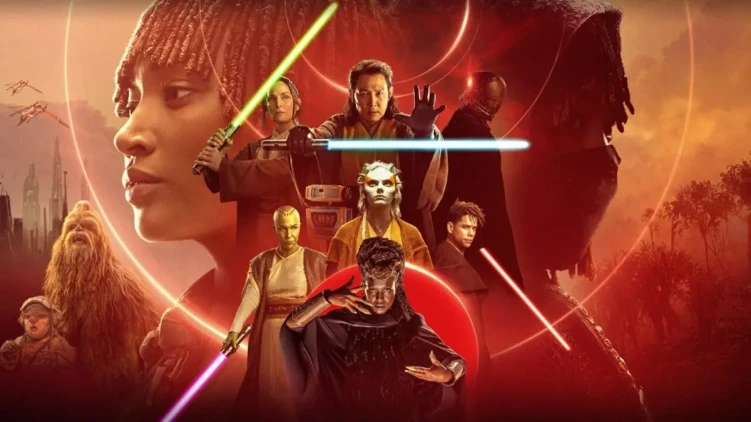
With budgets ballooning to support cinematic production values—The Acolyte alone commanded resources comparable to a major theatrical release—the economics of serialized storytelling have grown untenable. Headland suggested that without a clear successor model, platforms like Disney+ are left grappling with diminished returns on tentpole projects.
Looking back on the creative process, Headland expressed no regrets over her bold choices, including the decision to anchor the narrative around unconventional character dynamics. The show had been greenlit for a second season, allowing the team to lay foundational groundwork even amid production.
We definitely were thinking about that, specifically with Manny Jacinto’s character. We always knew that Lee-jung Jae was going to be the emotional anchor of the first season, watching the deterioration of that father figure. So we had already thought ahead and thought about what type of relationship we wanted to look at in the second season. We had talked about all of that from a thematic and character standpoint, but in terms of actual narrative, there were only a couple sign posts that we knew we wanted to hit.
Though those plans remain unrealized, Headland views The Acolyte as a worthwhile experiment—one that pushed boundaries and invited deeper exploration of the Force's fringes. As Star Wars continues to evolve under Kathleen Kennedy's stewardship at Lucasfilm, Headland's reflections serve as a poignant reminder of the tensions between artistic risk and commercial reality in an era of franchise fatigue. For now, the creator remains optimistic, hinting at future projects that could once again challenge the stars.
